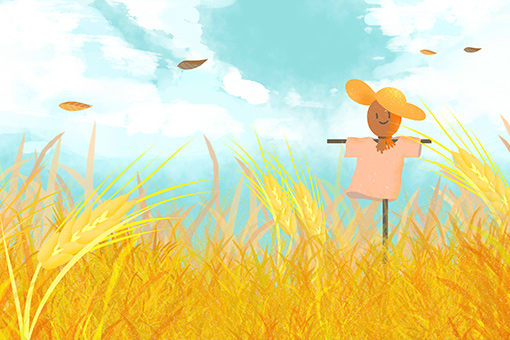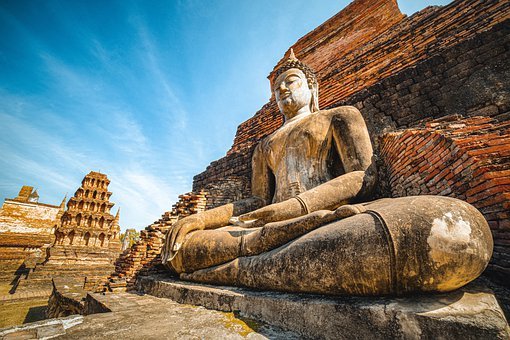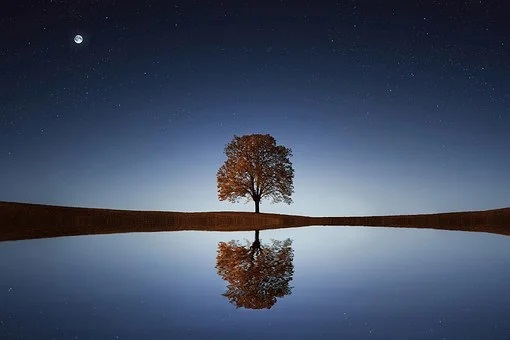There are two pith instructions to tame the mind: first, to realize the nature of mind is emptiness, then to abide in the state of emptiness. As Mipham Rinpoche stated: these two pith instructions include all pith instructions.
~Depicted from LUMINOUS WISDOM BOOK SERIES











